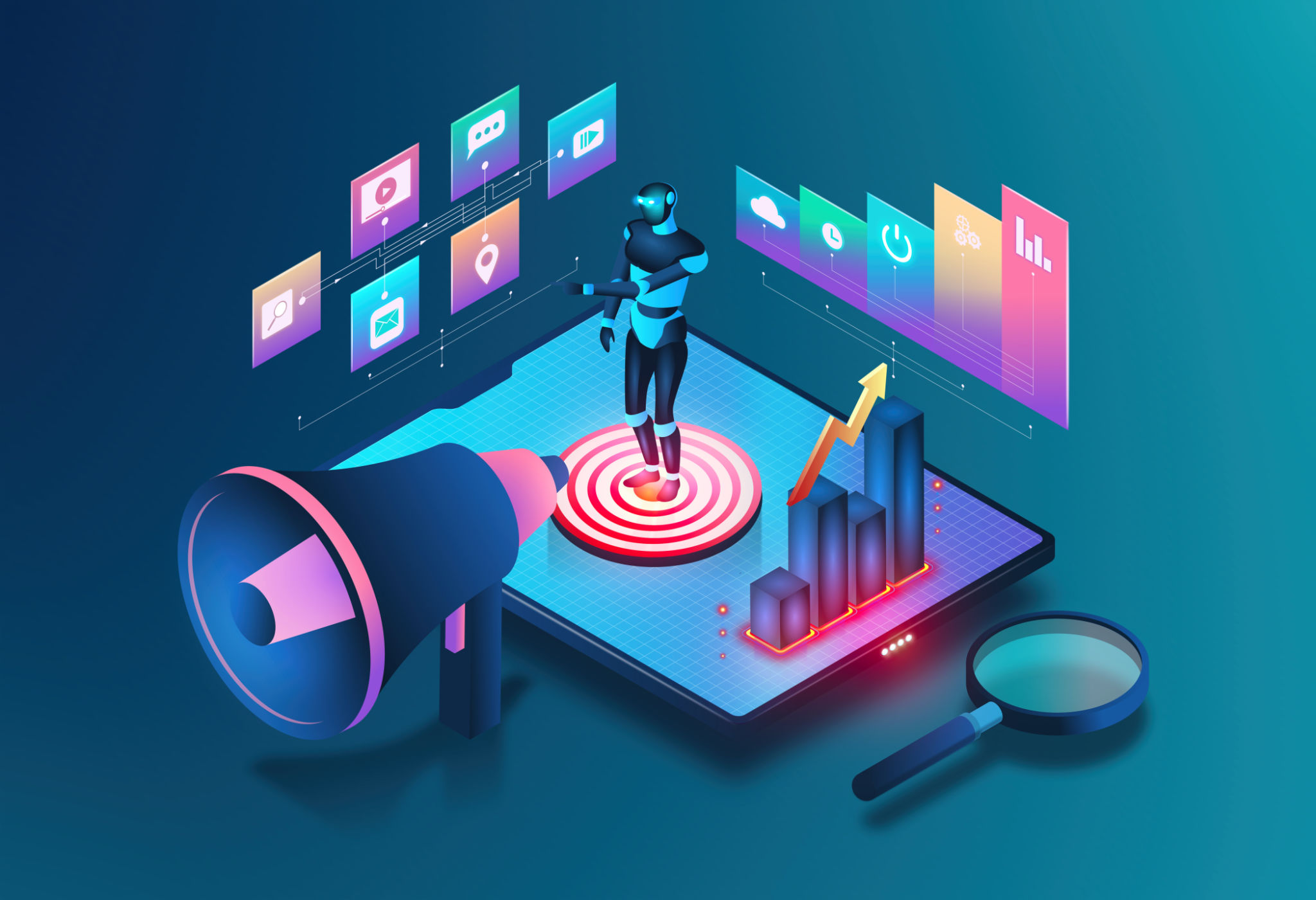Debunking Myths: The Truth About AI in Marketing ROI
Understanding AI's Role in Marketing ROI
Artificial Intelligence (AI) has become a cornerstone of modern marketing strategies. However, numerous myths surround its impact on marketing Return on Investment (ROI). By clarifying these misconceptions, businesses can better leverage AI to enhance their marketing outcomes.

Myth 1: AI Replaces Human Creativity
One of the most persistent myths is that AI diminishes the need for human creativity. In reality, AI complements human efforts by handling data analysis and automating repetitive tasks. This allows marketers to focus on crafting innovative campaigns that resonate with their audience.
AI tools can quickly process vast amounts of data to identify trends and insights, which can then be used to inform creative strategies. While AI can suggest optimization techniques based on data, the spark of creativity still lies firmly in human hands.
Myth 2: AI Guarantees Instant Success
Some believe that integrating AI into marketing strategies will lead to immediate success. While AI provides powerful tools to enhance efficiency and effectiveness, it is not a magic bullet. Successful AI implementation requires careful planning, testing, and ongoing adjustments.
Marketers must set realistic expectations and view AI as a long-term investment. By continuously refining AI-driven strategies, businesses can gradually achieve improved ROI over time.

Myth 3: AI Is Only for Big Businesses
There's a misconception that only large enterprises can afford or benefit from AI technologies. However, AI solutions are becoming increasingly accessible to businesses of all sizes. Various scalable tools and platforms allow small and medium-sized enterprises to harness the power of AI without breaking the bank.
These tools can automate tasks such as email marketing, customer segmentation, and predictive analytics, providing smaller businesses with competitive advantages in their marketing efforts.
Practical Steps to Leverage AI for Better ROI
To effectively utilize AI in marketing, businesses should:
- Identify specific areas where AI can add value, such as data analysis or customer service.
- Invest in user-friendly AI tools that align with their goals and budget.
- Train their teams on how to use these tools effectively.
- Continuously monitor and adjust strategies based on performance metrics.

The Future of AI in Marketing
The potential for AI in marketing is vast, with new developments emerging regularly. As technology advances, AI will become even more integral to creating personalized customer experiences, optimizing ad spend, and driving revenue growth.
By debunking the myths surrounding AI in marketing, businesses can embrace its capabilities with confidence, ultimately enhancing their marketing ROI through informed decision-making and strategic execution.
